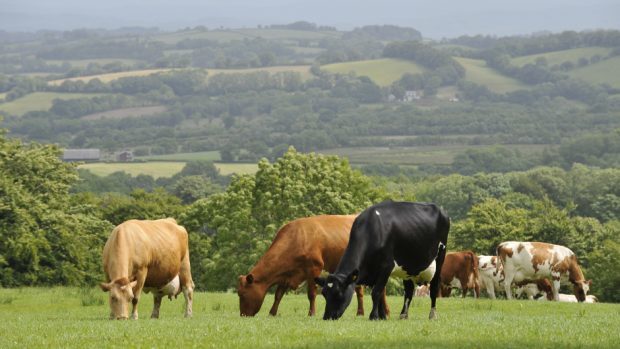Compaction is a serious problem in many grassland soils but attempting to cure it could prove hazardous if the underlying drainage is failing, experts have warned.
Around 70% of UK pasture is suffering from degradation, with 10% severely compacted, leading to poor grass yields and limiting access to land following rainfall.
However, farmers who are considering alleviating such compaction should check the field drains are working first, or they could be wasting their time.
According to ADAS experts, who will be running the soil and nutrient advice clinic at this year’s Grassland and Muck Event, productive soils need to be both well drained and well structured.
“I go to many sites where people have enough or even more drainage than they really need, but the soil is too compacted for water to pass through to reach the drains,” said Kirk Hill, drainage specialist at ADAS.
“On the other hand, there is no point subsoiling if the drainage isn’t working; you could cause more damage than you relieve.”
According to Mr Hill, the key is to identify where there may be soil or drainage problems and then take the correct action to alleviate them.
Signs of compaction or inadequate drainage can include standing water, weeds and poor yields, so farmers should dig a soil pit in these areas, added soil specialist Dr Paul Newell-Price.
The pit should be at least 60cm deep, and farmers should then look at the soil structure and colour as well as root depth and presence of earth worms.
To learn more about such tell-tale signs, visitors to this year’s Grassland and Muck Event will be able to get below ground level in the soil pit, to examine the soil profile and identify problem areas.
The Grassland and Muck Event takes place at Stoneleigh in Warwickshire on May 24-25.
